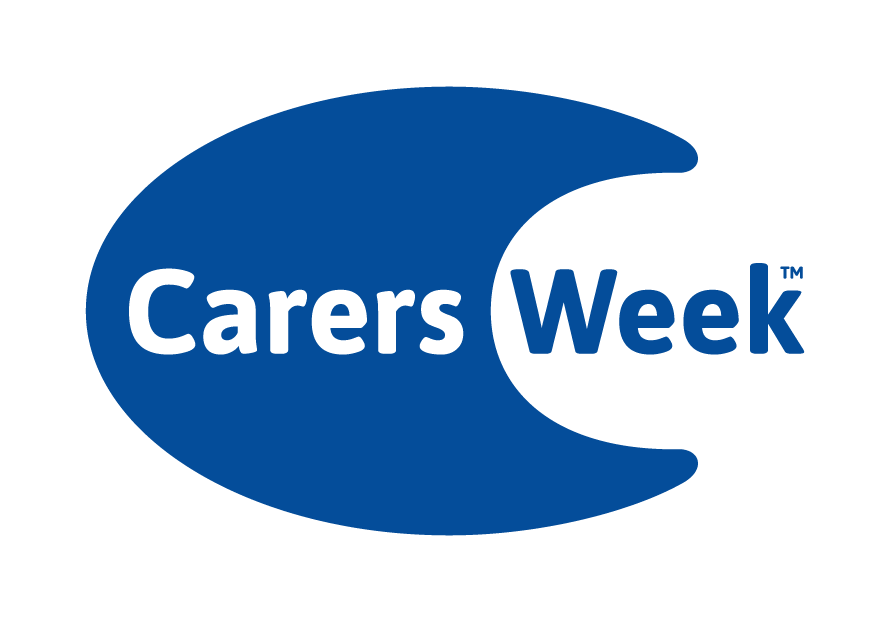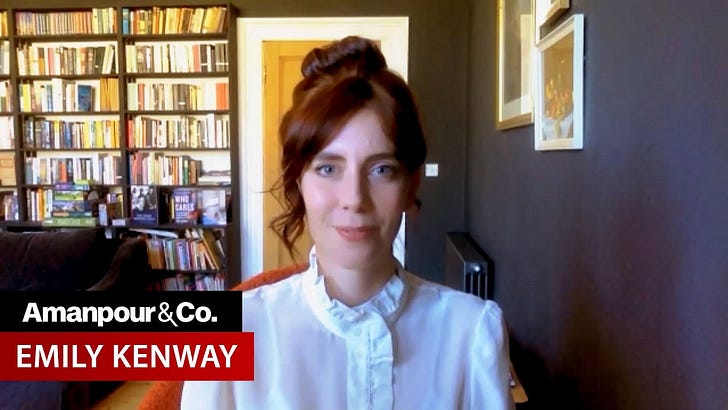Carers Week UK. June 10-16, 2024
Unpaid Carers have 'No choice to care'. Can you support caregivers?
Hi, Everyone! If you’re here for the first time, ‘Welcome!’
You can learn more about me Carer Mentor, here. ‘Why did I start Carer Mentor?’
Thank you for your comments, feedback and support of the mid-year assessment I published in this article: ‘How’s our Community Network going?’
Several people shared constructive feedback. You spoke, I listened, and I’m shaping the Carer Mentor Strategy.
June is a month of evolution for the website. You’ll see the homepage, resources and sections change over this month.
On the homepage, there’s a new Community space that houses:
One Resource, Two Insights, Three Ideas: Each week, simple ‘1-2-3’ edits will be added for you to use.
Useful Links for advice, info and ideas: organisations in the UK, USA, and Canada that have supported people I know or myself
A community discussion space Caregiver Tips / Insights June 7 - 16 to share your questions and tips/ideas every week. We’re not experts, but we can share what’s worked for each of us.
This week is Carers Week (June 10 - 16th)
In the UK, the NHS defines an Unpaid Carer as
A carer is anyone, including children and adults who looks after a family member, partner or friend who needs help because of their illness, frailty, disability, a mental health problem or an addiction and cannot cope without their support. The care they give is unpaid.
The Theme for Carers Week is 'Putting carers on the map'.
Carer Mentor is supporting Carers UK to galvanize activity in a general election year, to highlight the increasing pressures on carers and to campaign for much-needed recognition and support.
This includes raising awareness about the challenges carers face which impact on their finances, employment, health and wellbeing and ensuring policymakers and politicians take steps to better support carers’ needs.
This article leverages the research work of Carers UK.
FULL QUOTE Executive Summary of the Report ‘No Choice but to care’ Report, published Monday, June 10th, 2024
Millions of unpaid carers across the UK provide support to a family member, friend or neighbour due to a disability, illness or frailty due to old age. Yet a majority of unpaid carers have no choice but to take on a caring role. While providing unpaid care can be rewarding, it also comes with significant negative impacts on carers’ lives.
The low level of social security benefits, inadequate structures to support carers to stay in paid work alongside their caring role as well as a lack of time to take a break or to look after their own wellbeing means that unpaid carers often face lower financial resilience, fewer opportunities to continue with their career as well as a worsening of their physical and mental health. We need to see significant action from the next UK and devolved governments to help mitigate some of these negative consequences of caring and put in place a comprehensive package of support for unpaid carers, who help to hold society together as well as collectively contributing 162 billion every year through their caring role.1 Carers Week commissioned YouGov to carry out polling of the general public, including adults who are currently providing unpaid care.
The YouGov Omnibus polling, of nearly 6,500 people, found that:
62% of those who are currently providing or those who have previously provided unpaid care said that they had no choice in taking on the role because no other care options were available – this is around 10 million people.2
The impact of caring has been more negative than positive for all areas unpaid carers were asked about, particularly for employment, finances and savings, and physical and mental health.
By far the biggest negative impact has been on mental health with 63% of current and former unpaid carers saying that caring had a negative impact on their mental health, with 24% saying it had a ‘very negative’ impact. An estimated 10.1m current and former unpaid carers in the UK experienced a negative impact on their mental health as a result of caring.3
Current and former unpaid carers also said that caring had a negative impact on their: 4
Physical health (53%) – around 8.5m people in the UK
Job and ability to work (48%) – around 7.7m people in the UK
Finances and savings (47%) – around 7.6m people in the UK
Of those who said they had no choice about taking on a caring role, a greater proportion of current unpaid carers and former unpaid carers experienced negative effects of caring.
Women fared worse than men due to the impact of caring; they were far more likely to say that caring has had a negative effect on their physical and mental health, employment, pensions and relationships.
Those aged 45 to 54 were most likely to have no choice when taking on a caring role and were most likely to say that caring has had a significant negative impact on their finances, career and pensions.
Carers Week also commissioned a second YouGov Political Omnibus poll of over 4,200 members of the general public, which found that:
73% of the UK adult population said that the next government should provide more support for unpaid carers
When asked about what the next government should focus on to support unpaid carers, the most popular issues picked by the general public were financial support for unpaid carers (53%) and investment in social care to enable unpaid carers to take a break (53%).5
Helen Walker, chief executive at Carers UK said:
“These findings demonstrate how caring can have a profound effect on every aspect of life and wellbeing, from mental and physical health, being able to work, or affecting their future income including pensions. That’s why we need to see a future Government deliver action across Government, in the form of a National Carers Strategy. With an ageing population, this is becoming ever more important.
“Carers Week is an important annual opportunity to ‘put carers on the map’. We want unpaid carers to know they are not forgotten, and they are not alone. Many are at breaking point, facing huge challenges with their caring responsibilities. On top of this they are struggling to manage their own health and wellbeing. Carers are worried about their long-term health, security and ability to care in the future.”
Carer Mentor reflection.
The choice to care or not is the right of every person, but as you’ve read, not many can exercise that right due to the lack of infrastructure, support and finance.
We are the invisible backbone of the healthcare system, unpaid and burning out.
The hidden crisis of caregiving and unpaid carers in the UK is too big to put into a few sentences. Here is a final word from Carers UK
We need a whole system approach to identifying and supporting unpaid carers. Governments, local authorities, commissioners and providers, employers, and family and friends must play their part in identifying and supporting them. Carers Week is a vital opportunity to raise awareness of unpaid carers within our communities.
I hope that this election year, social and health policies will change.
I have seen real support and change within communities between neighbours, friends, family, and those non-blood kin families. Informal groups of friends and family tag-teaming support
In the absence of clear action from governments, here are some ideas of things you can do to offer hands-on active support to carer-friends.
Can YOU …
be the one who will be the backup support in emergencies E.g. cover someone at work, take their dog if they need to go to hospital, come to the house in an emergency.
be the driver to take someone to or from a hospital/doctor appointment,
Offer to pick up medications from a pharmacy
Offer to visit the loved one in the hospital so the carer doesn’t go twice, during visiting hours
Offer to sit with the loved one at home so the carer can have a break
Offer to cook a meal or get shopping
OR simply offer to have a coffee and sit with your carer-friend to listen without trying to fix anything. (In my opinion ‘caresplaining’ is a lot more painful and frustrating than ‘mansplaining’).
Please be the change that we need for each other. Check on someone who’s a carer.
Carers UK Helpline of trained experts: For information and signposting, our telephone Helpline is available on 0808 808 7777 from Monday to Friday, 9am – 6pm (including Bank Holidays).
Please ‘❤️’ LIKE the article.
All numbers of people in the Executive Summary were estimated by Carers UK using ONS population data and Yougov polling.
All numbers of people in the Executive Summary were estimated by Carers UK using ONS population data and Yougov polling.
ibid








The numbers and percentages are overwhelming, yet not surprising. Thank you, Victoria!